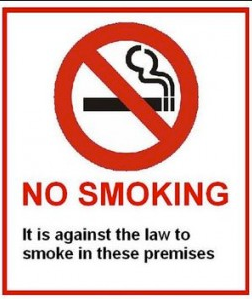
by Sandra L. Gottlieb, Esq., Senior Partner at SwedelsonGottlieb, Community Association Attorneys
As most everyone in the community association industry knows (or should know), on August 17, 2012 California Governor Jerry Brown signed into law Assembly Bill (“AB”) 805 which reorganizes and makes significant changes to the Davis-Stirling Common Interest Development Act (the “Act”). While the date for mandatory compliance is January 1, 2014 (meaning that although the change is now law, the new and revamped Act does not take affect until 2014), we have heard that a rumor has been spreading within the industry that associations have the option to implement the new laws beginning January 1, 2013. This rumor is false and this is simply not true. Could you imagine the chaos that would ensue if some associations followed the new Act and some the old? We can!
The community association attorneys at SwedelsonGottlieb have attacked AB 805 head-on, reading every single word and evaluating each component of the new legislation/Act. Section 3 of AB 805 states the following: “This act shall become operative on January 1, 2014.” Nowhere in the legislation does it say that there is an option to make the new Act operative earlier. To confirm our research, we contacted a representative of the Assembly Housing & Community Development Committee, the committee that introduced the legislation. The representative confirmed our findings and stated: “The operative date of the legislation is January 1, 2014, there is nothing in the bill about early implementation.” Accordingly, don’t be misled! Early implementation is not an option and in fact, we recommend associations implement the new legislation on January 1, 2014 – no earlier, and certainly no later.

 HOA Law Blog
HOA Law Blog



 According to an
According to an  Santa Monica has passed a law with new smoking rules that affect all multi-unit housing, and that includes condominiums.
Santa Monica has passed a law with new smoking rules that affect all multi-unit housing, and that includes condominiums.